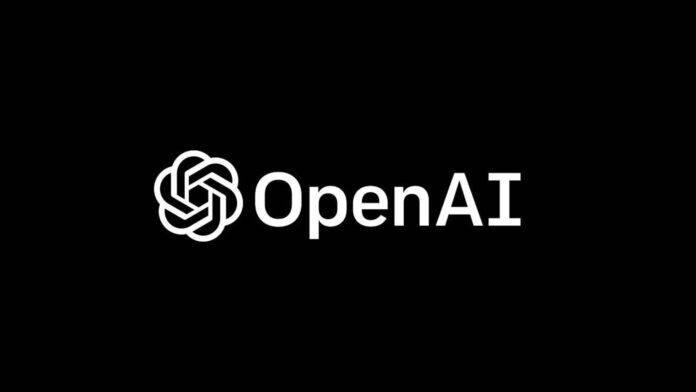[ad_1]
In 2013, Oxford University economists Carl Benedikt Frey and Michael Osborne predicted that nearly half of all jobs in the US (47%) were under threat from computerization or automation in a decade or two. In other words, they suggested that AI (artificial intelligence) would reduce manpower in many industries.
Fast forward to today, i. e. a decade later, automation is part of almost every industry, while AI-powered services like ChatGPT are threatening to eat up many jobs. Frey has now opined that ChatGPT and the like could lead to lower wages even if workers manage to cling to their jobs.
ChatGPT could create more competition, leading to lower wages
According to Frey, computers still haven’t replaced half of the manpower in the US. However, the trend is there. And, the arrival of ChatGPT may have just fueled it. He said automation will create more competition in various industries, driving wages down. Frey pointed to the steadily falling income of prime-age men to explain how AI is affecting employment. “I think there’s a risk that ChatGPT makes us a lot more productive in easy-to-do stuff, but the hard part to figure out is how we can use AI to create innovation that then creates new occupations and new industries,” he told Fortune.
In a separate interview with Business Insider, Frey likened ChatGPT ‘s AI revolution to Uber disrupting the taxi market. He said the arrival of Uber and the like resulted in more taxis on the streets. But it also led to more competition, thus effecting a wage cut of around ten percent for drivers.
“Uber didn’t reduce the demand for taxi drivers,” Frey said. “It, if anything, increased the number of people driving cars for a living, but it reduced the amount the earnings capacity of incumbent drivers”. He suggests ChatGPT will similarly impact creative industries like writing, music, art, graphic design, and even computer programming.
AI could help improve employment in many areas
While AI may replace some jobs, it could also help improve employment in some areas. Perhaps emerging technologies will transform many jobs rather than outright replace those. Some roles will evolve and require a new set of knowledge and skill.
As such, people who lack the required skills for this transformation might end up losing their jobs, but they will be replaced by another human. “I think there’s this somewhat misguided distinction between replacement and jobs being changed and transformed by technology,” Frey said.
He added that technological advancements, such as ChatGPT, are good for society. “It’s the reason that we’re a lot more prosperous today than a couple of hundred years ago,” the economist said.
The conversational AI chatbot created by Microsoft-backed OpenAI has raked in over 100 million users in just two months. Many tech biggies are rushing to introduce their own ChatGPT alternatives, including Google which recently launched Bard. It remains to be seen how these services impact employment in the coming years.
[ad_2]
Source link
